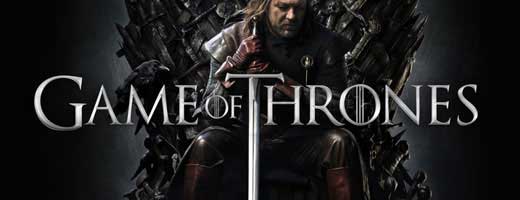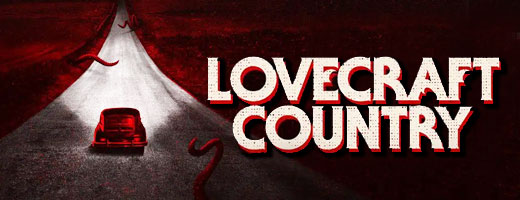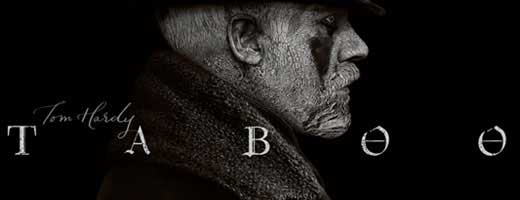Depth & Complexity Revealed In A Few Seconds Shot Of Five Books

Have a Theory? Share It Now!
The depth of “Westworld” is shown in the about 20 seconds total[1] in which viewers see the books next to William’s bed: Melville’s Moby Dick, Hardy’s Jude the Obscure, Vonnegut’s Slaughterhouse Five, and Stadter’s Plutarch’s Historical Methods and Plutarch and Rome. Melville, Hardy, Vonnegut, and Plutarch are deep and complex, as is Westworld, so these bullet points are the tip of an iceberg. Dissertations will be written on these comparisons some day. Short Version
Moby Dick:
• Ahab & MIB are obsessed
• Melville uses songs, poetry, and Shakespeare; so does Westworld Vonnegut (the damning evidence against William is in Slaughterhouse Five)
• Fire bombing of Dresden; destruction(s) of Westworld; senseless violence
• Billy Pilgrim; MIB is/was Billy who is on a “pilgrimage,” as stated by Juliette
• Billy Pilgrim and William belong to other worlds – William to Westworld and Billy Pilgrim to Tramalfador
• Billy Pilgrim “creates” a heaven; Ford creates and heaven AND hell
• Vonnegut “time trips”; so does Westworld
Hardy
• Protagonist overcoming many, many obstacles/tragedies
• Jude the Obscure; Billy the Obscure (initially)
Stadter
• Plutarch examines human nature by dual biographies Greek & Roman; Westworld examines human vs. homes, Dolores vs. Maeve, Ford vs. Bernard, Teddy vs. MIB
• Plutarch straddles two worlds (Greece & Rome); MIB straddles two worlds (Real & Westworld) Long version with cites
Melville’s classic is multifaceted, but most people know it’s about Ahab’s obsession to kill the Great White Whale and kills himself and almost his entire crew because of that obsession. The Man in Black (MIB) is similarly obsessed with Ford and his “game.” The novel is noted for themes of good and evil, and using songs, poetry, and Shakespearean quotes, soliloquies and asides[2], as does “Westworld.”
Kurt Vonnegut: Slaughterhouse Five
Vonnegut’s protagonist is Billy Pilgrim. MIB is/was Billy, and he is on a pilgrimage of sorts. Vonnegut’s novel jumps from one time span to another – Westworld does, too.
“In the Twayne’s United States Authors series volume on Kurt Vonnegut, about the protagonist’s name, Stanley Schatt says: By naming the unheroic hero Billy Pilgrim, Vonnegut contrasts John Bunyan
Westworld is an invented heaven AND hell.
Billy Pilgrim was in a “human zoo” observed by the Tramalfadorians, and humans in Westworld are being observed by the Delosians, with hosts as the constants.
.[28]
Hardy’s novels often concern tragic characters struggling with their passions and circumstances, and are often set in a semi-fictional region of Wessex. The MIB struggles with his inner demons and the circumstances that are unfolding in the series. Jude the Obscure covers 19 years; Westworld covers decades. The protagonist, Jude, is a survivor who has experienced much disappointment and grief, with his troubles being great to outweigh his ability to survive.[4] Will the MIB survive his dark side and involvement in the destruction of his family?
Plutarch: Greek biographer & essayist known primarily for Parallel Lives and Moralia. Lives is a series of biographies
________________________________
[1] There are three shots of the books close enough to read the titles unaided. The first view is too far away to read the titles and is not included in the 20 seconds. The foregoing is for the pickers of nit who worry about such minutia.
[2] Wikipedia, “Moby Dick,” https://en.wikipedia.org/wiki/Moby-Dick.
[3] Wikipedia, “Slaughterhouse Five,” https://en.wikipedia.org/wiki/Slaughterhouse-Five,
[4] Wikipedia entries https://en.wikipedia.org/wiki/Jude_the_Obscure; https://en.wikipedia.org/wiki/Thomas_Hardy.
[5] http://www.hup.harvard.edu/catalog.php?isbn=9780674436039
Dornish Dan
Subscribe Now
- Android: https://shatpod.com/tv/westworld-android
- Apple/iTunes: https://shatpod.com/tv/westworld-itunes
Help Support the Podcast
- Contact Us: https://www.shatpod.com/contact
- Commission Movie: https://www.shatpod.com/support
- Support with Paypal: https://www.shatpod.com/paypal
- Support With Venmo: https://www.shatpod.com/venmo
- Shop Merchandise: https://www.shatpod.com/shop
- Shop Amazon With Our Affiliate Link – https://www.amazon.com/?tag=shatmovies-20
- Theme Song – “The Ecstasy Of Gold” (Hip Hop Instrumental Version) by Dj 2 Bad
- Outro Music – By Simon Eric Haywood







Great literary catch, DD. And thanks for outlining it all for us. We’re consistently astonished at the level of detail that goes into making “Westworld.”